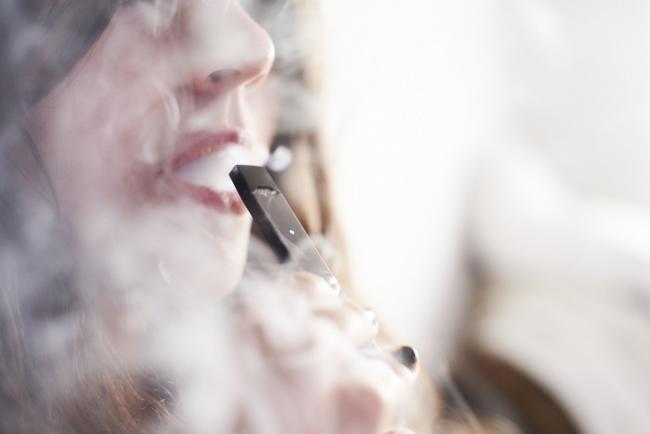(Bloomberg) -- A ban on electronic cigarettes is unlikely to be on the cards for the Philippines.
Finance Secretary Carlos Dominguez said the country will instead use an increase in excise taxes to discourage the use of e-cigarettes amid growing global concern over their health risks.
“I don’t think we’re going to ban it,” Dominguez said in an interview with Bloomberg Television’s Kathleen Hays at the sidelines of the International Monetary Fund meetings in Washington. “Our view is it’s been around and it’s too widespread already in the Philippines to ban these e-cigarettes.”
The Philippine Congress, which is deliberating a bill that could raise taxes on vapor and heated tobacco by more than four times, is taking a “hard look” at these new smoking products, Dominguez said. A group of lawmakers recently visited the World Health Organization in Geneva to better understand their health impact, he said.
The Philippines levied an excise tax on vapes and heat-not-burn tobacco for the first time in July, then quickly followed it up with a proposal to further raise their rates to match those of traditional cigarettes. The bill, which is backed by President Rodrigo Duterte and his economic team, aims to deter first-time use especially among younger Filipinos. No vaping-related deaths have been reported in the Philippines so far.
The U.S. Congress this week moved forward with legislation that would prohibit e-cigarette use by underage people, after 1,299 cases of vaping-related lung injuries and 26 deaths. More than two dozen countries -- including Australia and Singapore -- have cut off access completely to e-cigarettes.
